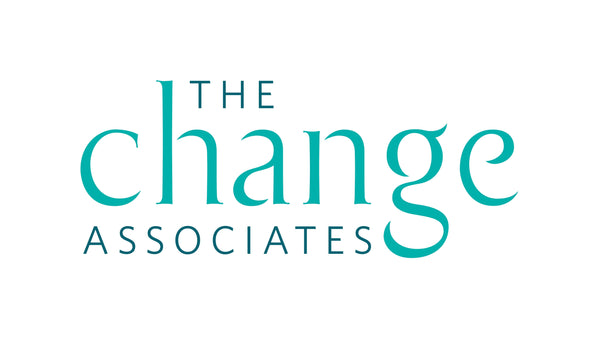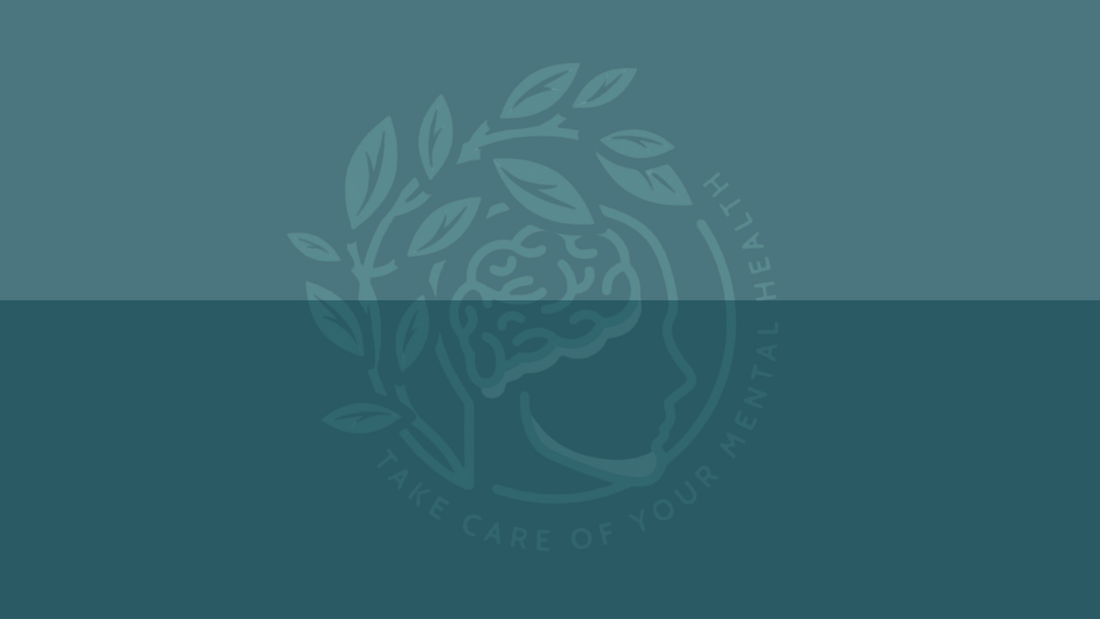
There's a trend in the workplace you might have heard of called "quiet quitting."
It started, as many things do nowadays, on TikTok, and spread like wildfire being discussed now on platforms such as LinkedIn.
It means that you don't quit your job, but you quit the idea of "going above and beyond" - i.e., you are still performing your duties, but you are "no longer subscribing to the hustle culture mentality that work has to be your life."
So, what does this look like?
Employees stop staying late for unpaid overtime. They actually use their lunch break instead of eating at their desks. They stop checking emails at night and during weekends.
Their work still gets done, but their focus becomes having a life outside of work.
There are people on both sides of this issue, with both feuding harder than the Greens and the Blacks on Game of Thrones: House of the Dragon.
On one side, workers are feeling unrecognized, undercompensated, and burnt-out more than ever. On the other, the words "slackers", "bare minimum", and "lazy" often come up a lot.
If you’re an employer or team leader reading this post and you care about how you are perceived, then I invite you to dig a little deeper with me. You'll see that this is actually a mental health issue.
As an executive coach, I’ve seen “corporate wellness” grow massively (in 2020, it became a $52.8 billion industry (with a B!)). Gone are the days when a company could just say it's committed to its employees' wellness by giving them a discounted gym membership, and calling it a day…
...and yet, quiet-quitting has gained so much steam. Why?
Do this: open up LinkedIn and browse a few top recruitment posts. What do you see? You'll likely find some who talk about having nap pods, brewing their own lattes, and having an open floor plan as part of their wellness initiatives.The hope is that, like being attracted to a flashy car, that's the one candidates would want to drive off the lot.
But while a kitchen full of snacks and a ping-pong table are nice to have, they do nothing to help overall goals unless people are supported with substantial mental and emotional training.
TRUE wellness means investing in employees’ health, happiness, and skills so that it indirectly boosts your company’s productivity, leading to massive returns.
Companies such as Google and Microsoft regularly invest in people’s personal growth because they know that 87% of millennials rate “professional growth and development opportunities” so highly, that if they don’t feel like they’re learning, salary aside, they’ll leave.
This is what really separates good teams from the great.
It’s not talent. It’s not intelligence. Those only account for ~30% of achievement.
Angela Duckworth, a researcher at the University of Pennsylvania, published a study which said “In addition to cognitive ability, a list of attributes of high-achieving individuals would likely include creativity, vigor, emotional intelligence, charisma, self-confidence…emotional stability.”
Talent - whether as a metric for hiring, or keeping a job - is overrated! 🤯Today, on average, a team that has a solid EQ is more performant and valuable than a team with just IQ.
The writing is on the wall.
If you have “flashy”, but ultimately surface-level perks that do nothing to address the work/life balance and mental health needs of your people? You’ll find yourself on the wrong end of quiet-quitting, no matter how much you try.
But make just a slight effort in the right wellness programs? You’ll have employees who make “significantly higher discretionary effort” (source: Employee Experience Index, a work quality measuring tool from IBM and Globoforce) - happier, healthier, and engaged people who are 5x more productive.
It’s why Twitter and Airbnb announced employees could work from home "forever" if they wanted to, despite reopening offices.
Research shows a third of employees left jobs because of poor wellness. Games and pizza lunches are fun (and you should have them!), but never forget the immortal words of Richard Branson: “take care of your employees and they’ll take care of your business.”

